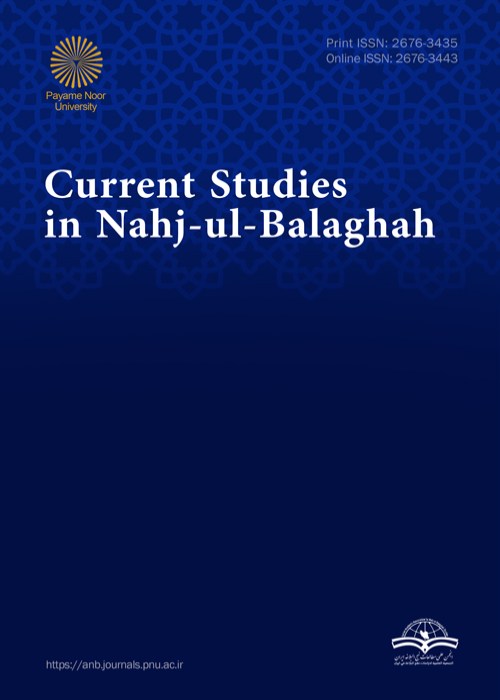Discourse Analysis of Cultural Damages in Religious Society: From Nahj-ul-Balagha View Point
The present study attempts to identify factors of dysfunction within the organizations and social subdivisions in fulfilling their responsibilities and functions. Since the educational thoughts and teachings of Imam Ali. (PBUH) were based on religious principles and fundamentals, adhering to ethical values and establishing religion sovereignty is outstandingly manifested in his practice. This can be interpreted and clarified in the form of discourse analysis taking into account the cultural and social fields. Nahj-ul-Balagha was the product of intellectual-practical challenges in Imam Ali’s government. The true vision of religious well as spiritual and human values are thoroughly reflected in Nahj-ul-Balagha. Discourse analysis of cultural damages with the intention of coping with its consequences and aiming at preventing cultural damages indicates that religion is a cultural category. Regarding the broad concept of culture and the wide scope of its influences, the origins of the damages to a religious society are considered to be of cultural nature. In this study, the cultural damages were investigated from two broad aspects; namely, “attitudinal–behavioral” and “planned– structural”. The most prominent components of the former are ideology and ethics while the most important components of the latter are “norms”–as the plan and shared rules of social action–and “society”–as a structure with strategic and functional importance.


